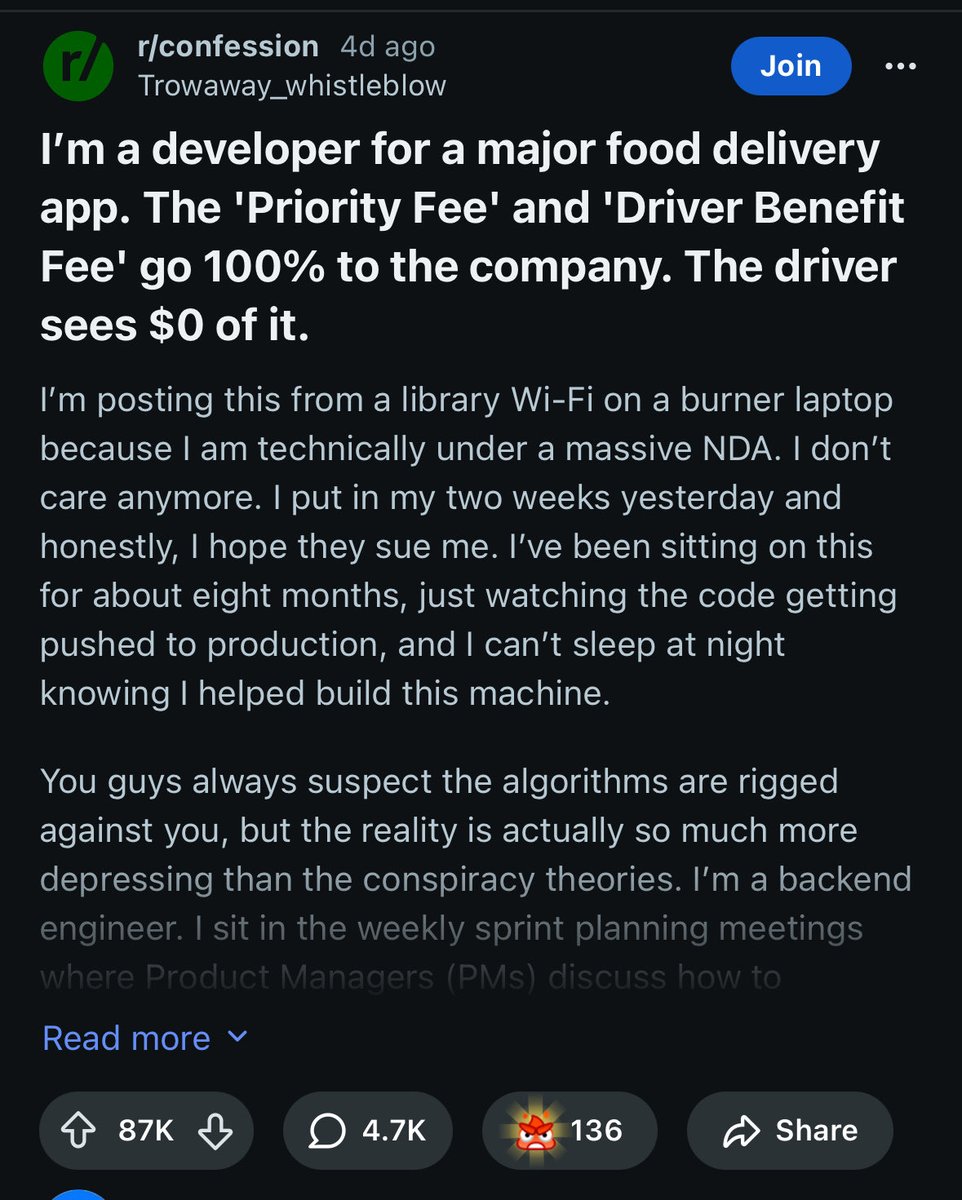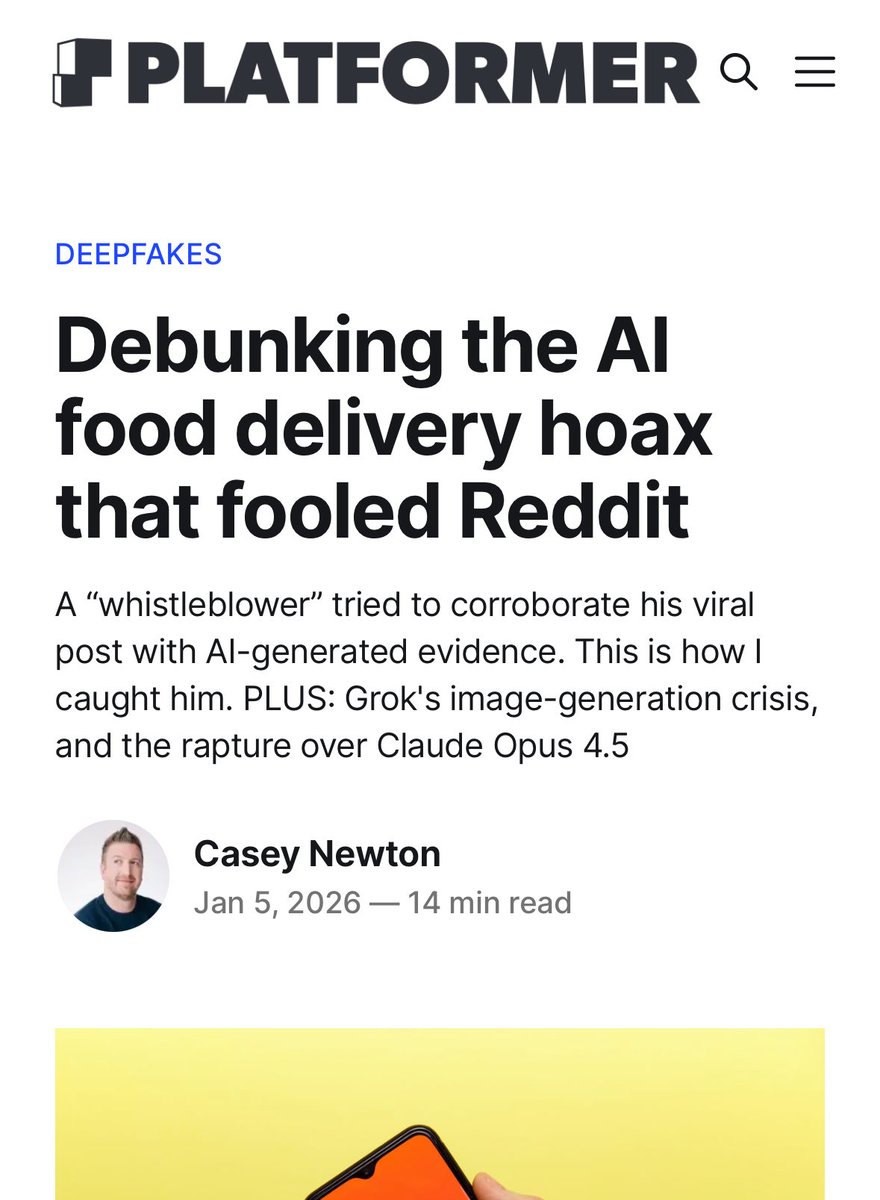London used to be the tech hub of Europe before Brexit (VC investment, # of tech positions, big tech presence etc). I lived/worked there for 5 years and it was great.
Still a good place... but Brexit is making EU engineers explore options outside the UK like this, one at a time:
Still a good place... but Brexit is making EU engineers explore options outside the UK like this, one at a time:

As someone who has seen London tech at its prime, I think one of the biggest misses of the current UK government is not doing more to "retain" the London tech hub.
Dublin, Amsterdam, Barcelona, Berlin and other EU "hubs" are slowly, but surely pulling London EU folks away.
Dublin, Amsterdam, Barcelona, Berlin and other EU "hubs" are slowly, but surely pulling London EU folks away.
"What will the next EU* tech hub be?"
*taking the UK out of EU.
My take: it should have been Paris... if they capitalized on it, and changed a bunch of policies (which they don't and won't).
Amsterdam & Dublin are the biggest winners, and plenty other gainers).
*taking the UK out of EU.
My take: it should have been Paris... if they capitalized on it, and changed a bunch of policies (which they don't and won't).
Amsterdam & Dublin are the biggest winners, and plenty other gainers).

And here's an inbound DM on why Paris (sadly) is a place that will struggle to attract tech talent. Even though it has all many characteristics in location, size, population, transport to be a tech hub.
The language for tech is English, and in Paris you *need* to learn French.
The language for tech is English, and in Paris you *need* to learn French.

A person weighing in (over a DM that I edited to remove personal details) on Barcelona.
And on how you should expect to (eventually) learn the local language either way. Which I agree with - I'm slowly improving my Dutch as well in Amsterdam.
And on how you should expect to (eventually) learn the local language either way. Which I agree with - I'm slowly improving my Dutch as well in Amsterdam.

• • •
Missing some Tweet in this thread? You can try to
force a refresh








